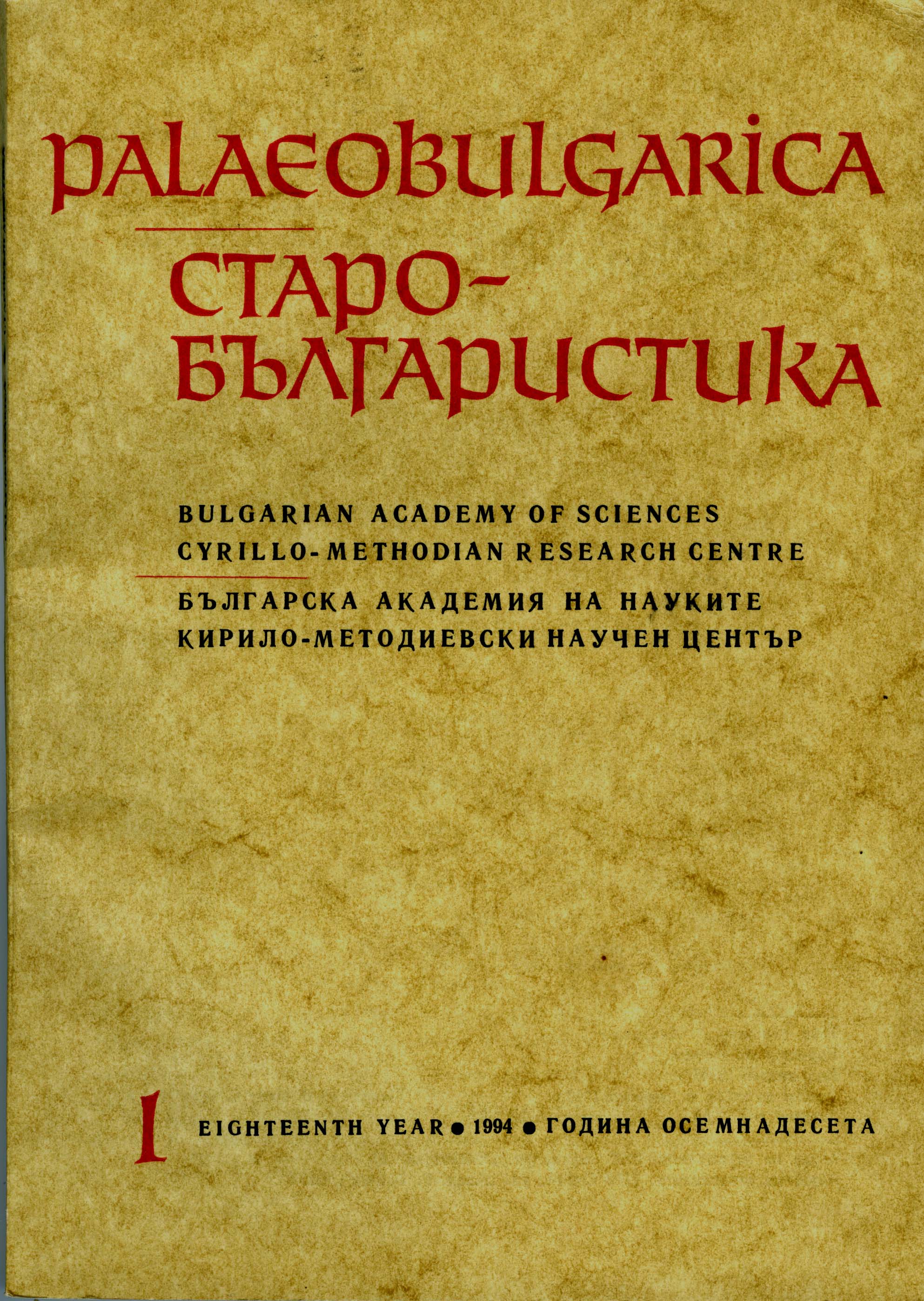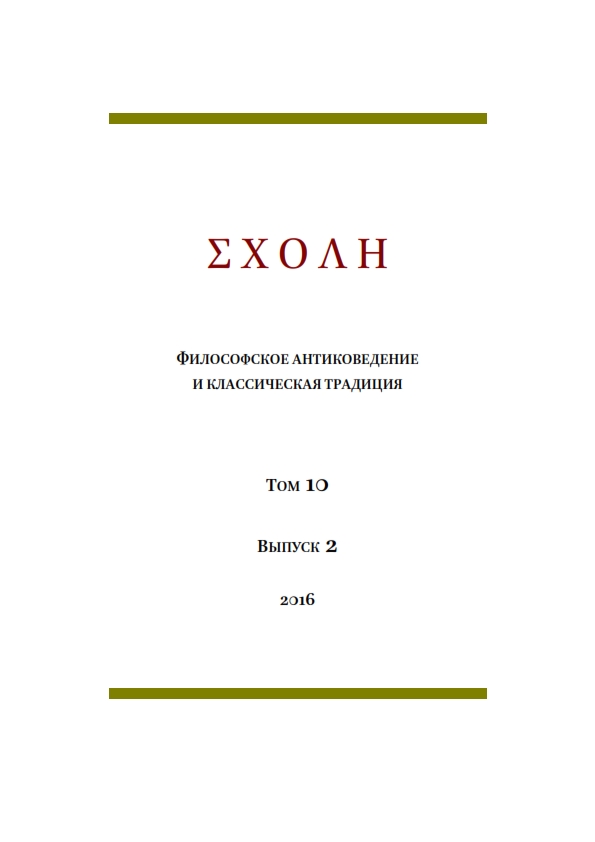
The Service for January 30 of Menaion No. 98 (Stock Unit 381) of the Russian State Archives of Ancient Acts (Moscow) – a Supposed Hymn of Cyril, First Teacher of the Slavs
Последование под 30-м января из Минеи № 98 (ф. 381) РГАДА (Москва) – предполагаемый гимн первоучителя славян Кирилла
The article contains the text of the recently discovered service dedicated to the finding of the relics of St. Clement of Rome, according to Menaion No. 98 of Stock Unit 381 of the Russian State Archives of Ancient Acts in Moscow – a Russian manuscript of the 12th-13th с. The text of the chants used as a model by the author of the service of finding the relics of St. Clement of Rome is also published. This publication is based on three manuscripts, dated not later than the 13th c. , which are now kept at the State History Museum in Moscow. For comparison the respective Greek text of these model chants according to the contemporary Greek Prayer-book is printed also because the author has so far not succeeded in tracing a full Greek text in the old manuscripts.
More...
